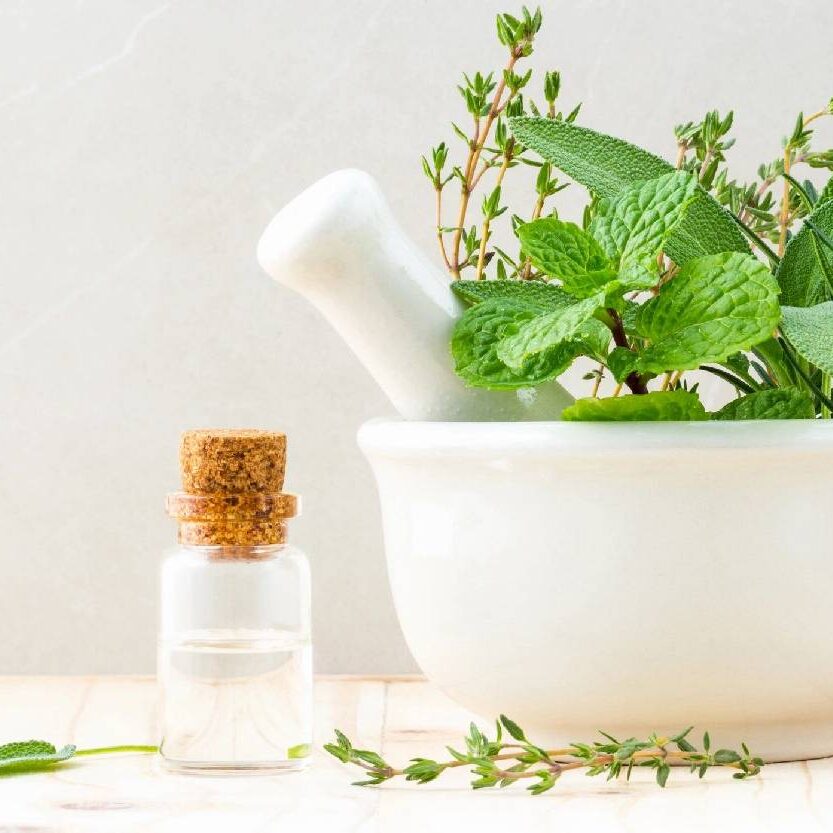By Dr. James Belanger
Spring is here and with it comes allergies for many people. A few herbs and a few dietary changes can help control and possibly completely resolve allergies even after antihistamines have failed.
To control environmental allergies, it is most important to first identify food allergens and intolerances. Wheat, dairy, corn, citrus, peanuts and potatoes can commonly cause a reaction in the intestinal tract which generates inflammatory mediators such as histamine. After avoiding these foods people can often tolerate longer exposures to dust, molds, pollen and/or cat dander. This is because less histamine is being generated in the intestines and thus, there is less of acumulative effect when one is exposed to environmental allergens.
To identify which foods you are allergic to it is best to eat a very bland diet consisting of rice, pears, vegetables (except potatoes) and lamb for a few weeks. Afterwards you can add one food back into your diet at a time and check to see if your allergies get worse. If they do, then you know which foods you need to avoid in the future.
There are also many herbs and natural substances which can help. Quercetin and vitamin C are probably the most important supplements to combat allergies. Quercetin is a bioflavonoid found in many herbs including onions. High doses of quercetin can prevent histamine from being released by your white blood cells. Unlike synthetic antihistamines, quercetin has an added benefit of helping to prevent heart disease and cancer.
Vitamin C can destroy the histamine molecule in the blood stream and is most effective when it is taken frequently. The herbs Euphrasia officinalis, Uncaria gambir and Acacia catechu can also be very beneficial for allergies because they prevent the generation of histamine if given in high doses. Euphrasia is specific for red, watery eyes, persistent sneezing and copious watery nasal discharge especially if there is pain above one or both eyes.
Another herb, Urtica dioica or stinging nettles, can stop an acute allergy attack in progress in some people. Avoiding food allergens and supplementing the diet with certain herbs and natural supplements, can substantially decrease even the most stubborn allergies and may eliminate them completely making Spring an enjoyable season.
